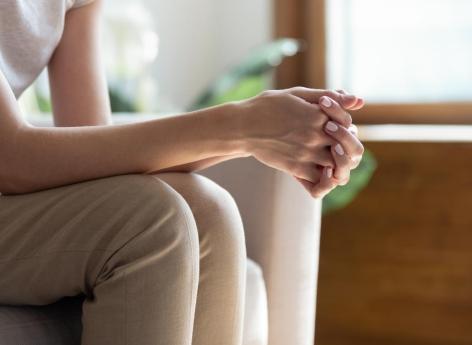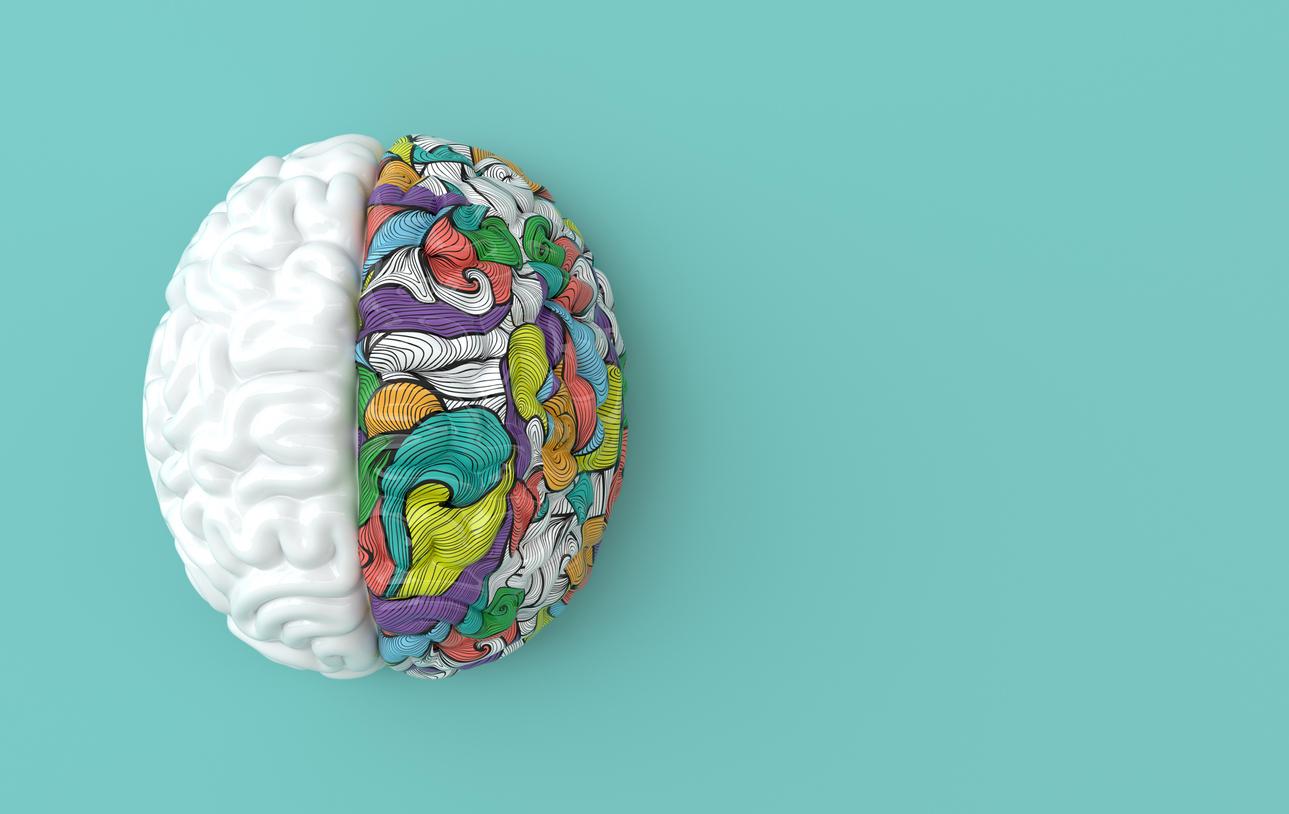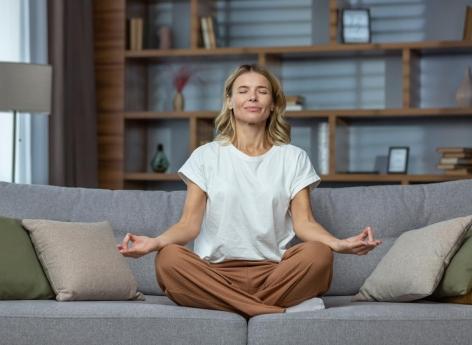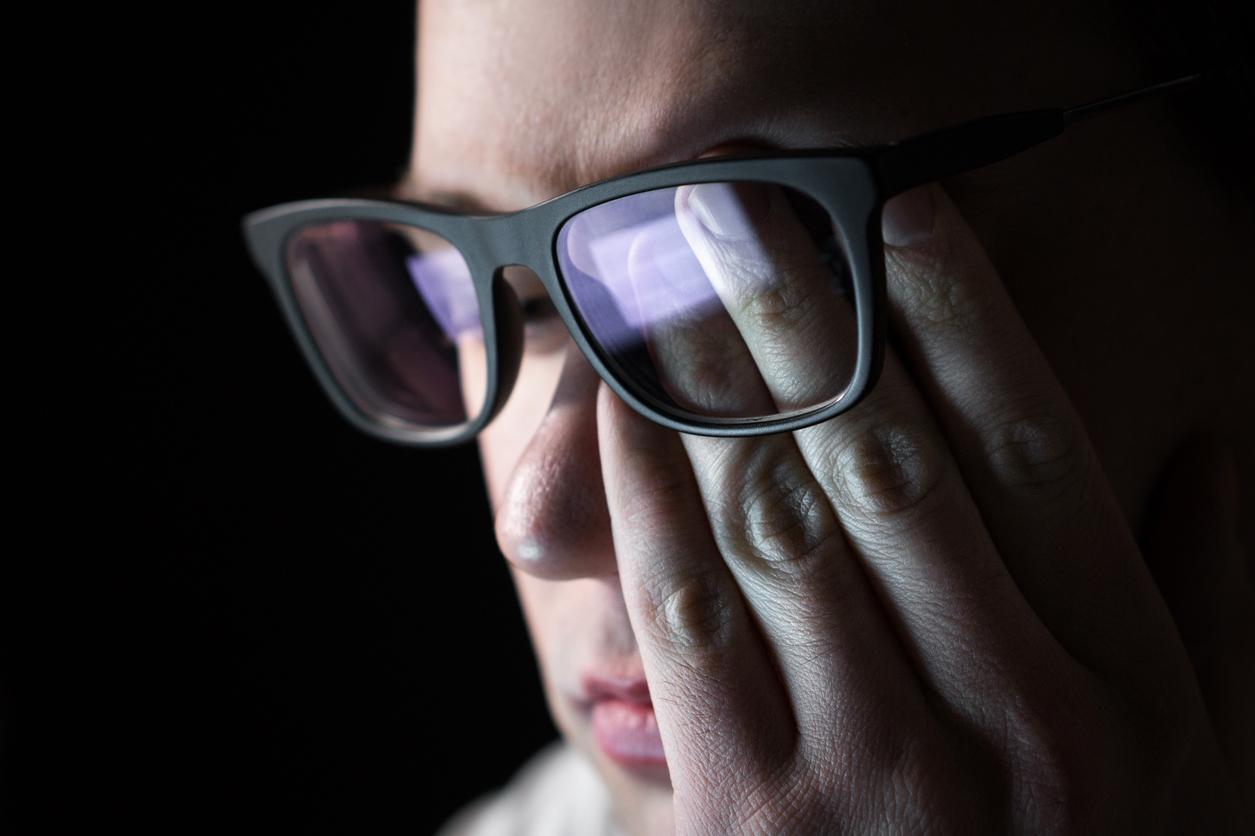Anxiety and fatigue are inseparable, but they are not inevitable.

- Anxiety puts the body in a constant alert state, as if it were to face an imminent threat at any time.
- As stress increases cortisol and adrenaline, the body is in a state of hyperstimulation, which prevents it from recovering effectively.
- In addition, many anxious people suffer from difficulty sleeping or frequent night’s awakenings.
Anxiety is a natural body response to stress, but when it becomes excessive or chronic, it can be accompanied by persistent fatigue. This phenomenon creates a vicious circle where exhaustion strengthens anxiety and vice versa. Understanding this link makes it possible to adopt suitable solutions to better manage your daily well-being.
The permanent body under tension
Anxiety puts the body in a constant alert state, as if it were to face an imminent threat at any time. This operating mode, useful in the event of punctual danger, becomes problematic when it extends. As stress increases cortisol and adrenaline, the body is in a state of hyperstimulation, which prevents it from recovering effectively.
In addition, many anxious people suffer from difficulty sleeping or frequent night’s awakenings. Even after a full night, they can feel deep exhaustion due to a disturbed and unclean sleep. This lack of quality rest thus feeds the state of fatigue.
A vicious circle between fatigue and anxiety
When a person is exhausted, it becomes more sensitive to stress and negative thoughts. Its tolerance threshold decreases, making each difficulty more heavy and each unexpected more stressful. Conversely, anxiety exhausts body and mind, accentuating the feeling of fatigue. This vicious circle can quickly become a daily burden.
When we exercise a profession particularly exposed to a large mental and emotional charge, such as caregivers or workers with staggered hours, intense fatigue promotes anxiety. The lack of rest alters cognitive capacities (attention, memory and problem solving) making more sensitive to rumination and internal tensions.
Find energy by soothing your anxiety
Breaking this vicious circle requires a global approach. Priority involves a balanced diet, rich in essential nutrients, as well as a regular sleep rhythm for a better mental and physical balance.
Physical activity also plays a key role by releasing endorphins, which help regulate mood and improve the quality of sleep. Meditation and breathing exercises also make it possible to calm the nervous system and release tensions. Finally, it is essential to learn to recognize your limits and to agree with breaks, without feeling guilty.
Find out more: “anxiety, fatigue, pain … Act on your neurotransmitters!” by Florence Pinheiro Ortolan.

















